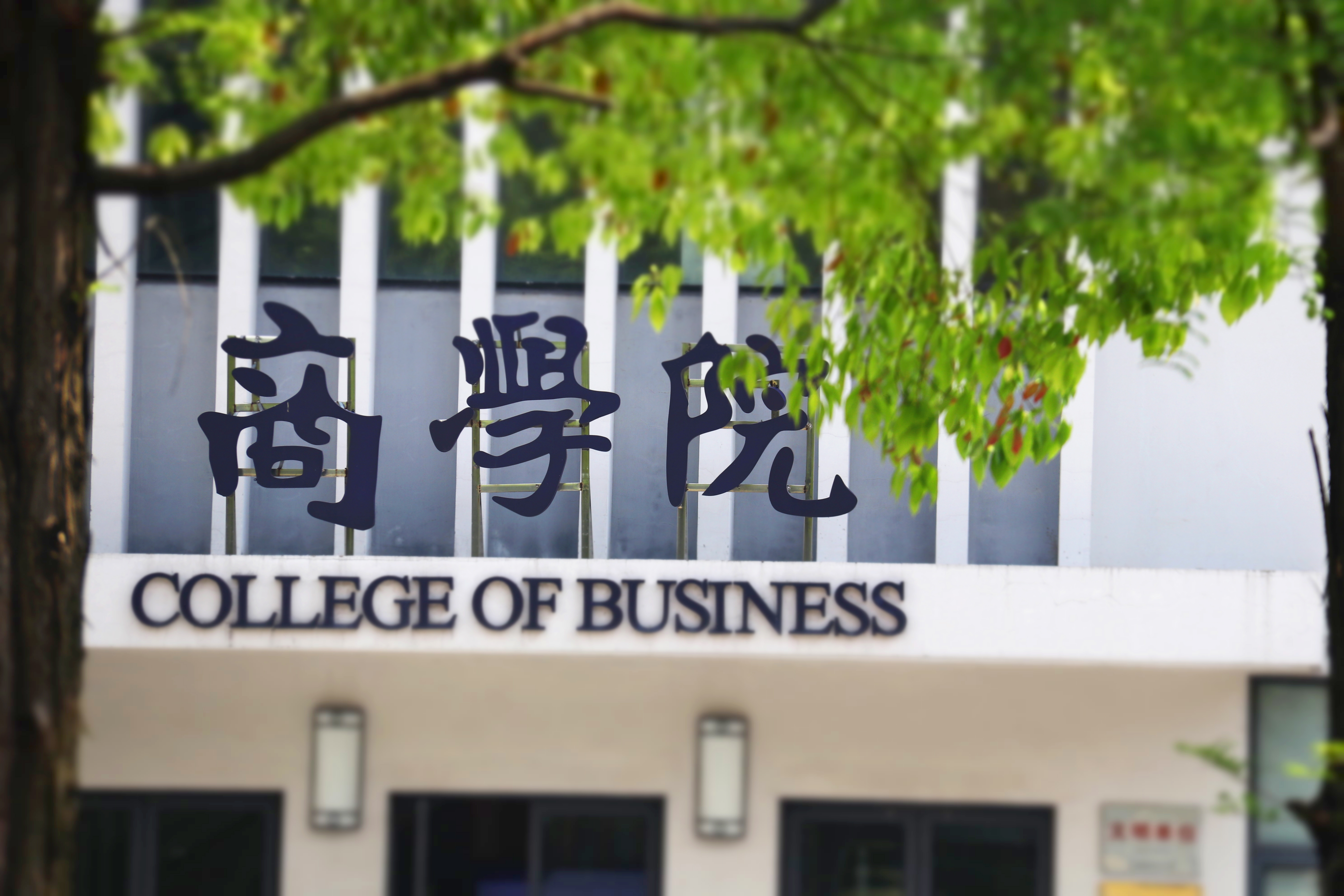On the morning of June 9th, the first webinar of 2021 Shanghai-Jinan Industrial Organization was successfully held as scheduled. Prof. Ginger Jin, Prof. Ju Heng and Prof. Tan Guofu introduced their understandings of current enterprise behaviors and antitrust regulations respectively.
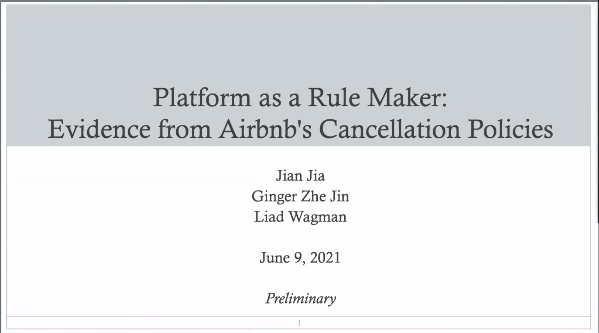
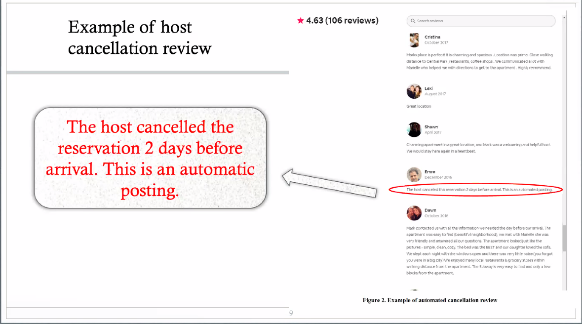
Professor Ginger Jin from the Department of Economics aof the University of Maryland, presented the study entitled “Platform as a Rule Maker: Evidence from Airbnb cancellation Policies“. Ginger Jin started by pointing out those bilateral platforms are not only intermediaries to match demand and supply, but also regulate the behavior of market stakeholders by regulations. Asymmetric treatment of users on both sides of the platform is common: the existence of positive network effects may encourage the platform to subsidize more price-sensitive issues and to impose heftier fees on another side. Many antitrust policy debates have also focused on the abuse of the platform’s monopoly power in one market, so will platform competition weaken such anti-competitive concerns? The diff-in-diff results showed that after Airbnb allowed guests to cancel their reservations for free within 48 hours, the number of Airbnb bookings increased by 5.51 percent, with average monthly revenue increased by 2.75 percent, and occupancy rate increased by 1.92 percent. The impact of price, number of bookings, and occupancy changed-4.15%, -6.88%, -4.77% respectively, when the system releasedthe landlord’s cancellation record publicly. The sample regression results showed that the platform competition weakened the positive effect of the 48-hour rule on Airbnb, while the negative effect of the automatic review of the system on Airbnb was amplified by platform competition. This research raised the following suggestions for anti-monopoly analysis: 1 The increase of one side’s demand does not necessarily cause the increase of the other side’s supply; 2 The platform competition does not reduce the asymmetric treatment between the two sides; 3. Platform competition and asymmetric treatment produce a contradictory effect on the welfare of users on both sides.
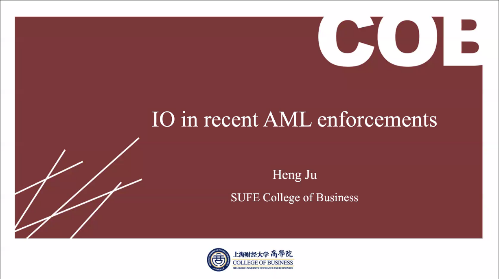
Professor Ju Heng from Shanghai University of Finance and Economics gave a lecture on “IO in Recent AML Enforcements”, and described the application of industrial organization theory and empirical research methods in monopoly cases. The study focused particularly on the definition of the relevant market, the analysis of the competitive effect of the enterprises’ behavior, and damage estimation. Ju Heng focused on the key economic issues in the context of the platform antitrust cases with the example of “One or the other” limited trading behavior in the Alibaba Group and the SHIPAISHI monopoly aspects. He discussed the network effect of platform demand, pricing structure and the anti-competitive effect of an exclusive agreement. Theoretical and empirical research plays a leading role in affecting the effect and competition damage of the enterprises. In the case of Yangtze Pharmaceutical Group’s vertical price agreement, law enforcement authorities also adopted a competition simulation to examine the increased level in social costs caused by the parties’ control of the lowest retailprice.
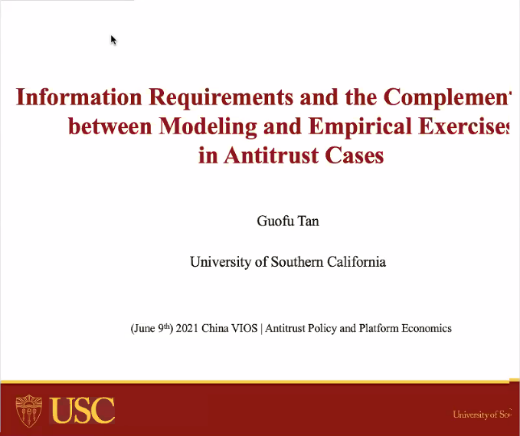
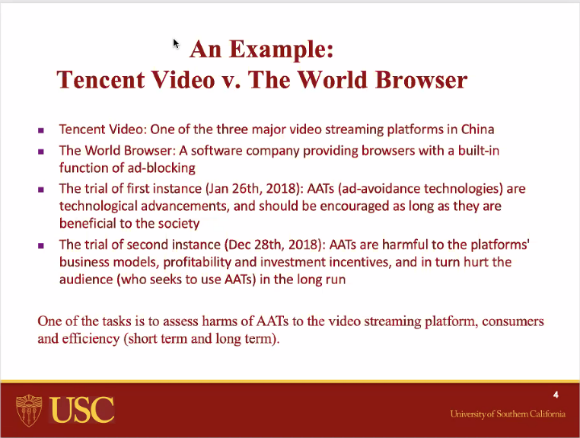
Professor Guofu Tan, from the Department of Economics of the University of Southern California delivered a research presentation entitled “Information Requirements and the Completions between Modeling and Empirical Exercises in Antirust Cases”. By analyzing behaviors like blocking ads, retweeting short videos or news, and trading accounts without authorization. He pointed out that the key task of the economic analysis of relevant case is to assess the welfare damage they cause. Based on the analysis of market dominance and conditional pricing in the Tetra Pak case, he explained the possible anti-competitive and welfare-damaging effects of the abuse of market dominance. Significantly, combining with the Alibaba case, Professor GuofuTan explained the anti-competitive effect of exclusive contracts in the platform. Furthermore, from the perspective of competition strategy, competition model construction, and data analysis, Professor Tan explained how to conduct an anti-monopoly case study combining theoretical and empirical analysis, and how to find the research field from case analysis at the same time. The seminar pulled getting together more than 150 scholars and experts at home and abroad. In the meeting, participants held a hefty discussion on the anti-monopoly development of platforms and the role of economics.

